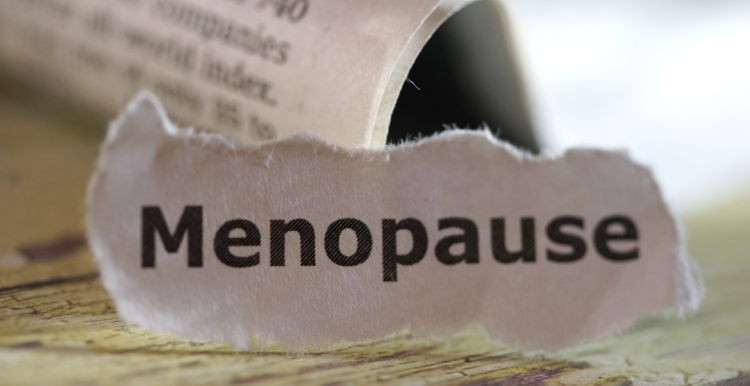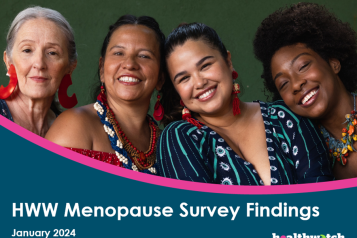Menopause and Perimenopause

Menopause describes the point in time when someone has not had a period for 1 year. In the UK the average age for this to happen is at 51, but it can happen earlier or later. Menopause could happen at any age if someone has a hysterectomy or oophorectomy, this is when the uterus (womb) or ovaries are removed, or with some medical conditions or certain types of medication such as chemotherapy. Menopause can affect anyone who was born with a uterus.
Perimenopause describes the time before the menopause. Most people experience symptoms for a year or two, but for some this can go on for many years. Symptoms can be physical and psychological, and many are listed here: Menopause - Symptoms - NHS (www.nhs.uk)
Research shows that ethnicity can impact on when perimenopause starts, how long it lasts and the type of symptoms that are experienced. Some people find that neurodiversity, such as Autism or ADHD, becomes more apparent during the perimenopause. You can discuss your individual circumstances or concerns with your healthcare provider.
Some people find benefit from making lifestyle changes during the perimenopause. Prioritising sleep, eating healthily, being active each day, using mindfulness or meditation may relieve symptoms. Menopause support groups can help you to learn more about the options open to you, both medical and lifestyle changes, and enable you to meet up with others with similar experiences.
Your healthcare provider can discuss with you the options for lifestyle changes and/or hormone replacement therapy (HRT). Many of the HRT options are covered by a prescription prepayment certificate which costs £19.30 for 1 year. This certificate can be ordered at NHS Hormone Replacement Therapy Prescription Prepayment Certificate (HRT PPC) | NHSBSA
A Warwickshire GP may refer someone with a complex menopause to the Primary Care Gynaecology Service for further support if appropriate.
Warwickshire Support Groups
Action Menopause Warwickshire – Warwick
Menopause Support – Brunswick Hub (brunswickhlc.org.uk) - Leamington
For more information on the menopause
Menopause Support have produced an e-booklet providing information on how to navigate the menopause successfully. It includes information to help prepare for an appointment with your health care provider on page 18-19.
Menopause Support Booklet (Available in Welsh, Polish and Screen reader accessible here)
Menopause Support Booklet for Black Women
Menopause Knowledge have produced a video to help you prepare to discuss the menopause at a GP appointment.
Further reading
NICE guidelines: Overview | Menopause: diagnosis and management | Guidance | NICE
Menopause practice standards: BMS-Menopause-Practice-Standards-DEC2022-A.pdf (thebms.org.uk)
Women's Health Concern: Women's Health Concern | Confidential Advice, Reassurance and Education (womens-health-concern.org)
CIPD webinar on managing menopause in the workplace: Let's talk menopause | CIPD
Queer Menopause Queer / LGBTQIA+ Menopause (queermenopause.com)
British menopause Society (For healthcare professionals): BMS PPMC Resources Toolkit - British Menopause Society (thebms.org.uk)


